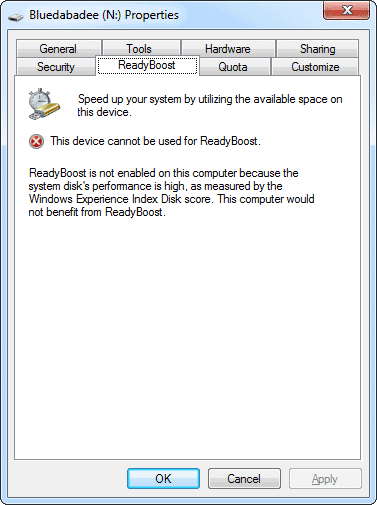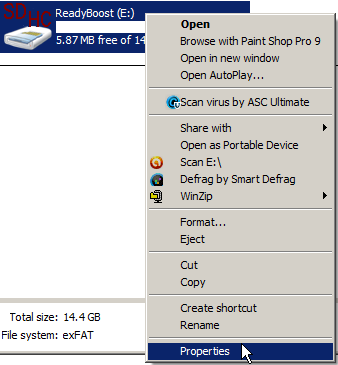

But more than likely, your report will either go unresolved or just end up in a big ol' pile of other people's reports on the same problem. In theory, doing so can help the company locate problems with its OS (and heaven knows that would be a good thing). In the 'Startup type' drop-down menu, select Disabled, and then click OK.Įvery time Windows experiences an error-either with its own processes or with a third-party program-it offers to report the problem to Microsoft. But if you have Business or Ultimate and still don't need Offline Files, turn it off by clicking Start, typing services, and pressing Enter. Of course, that sort of thing isn't for everybody, which is probably why Microsoft didn't include Offline Files in the Home editions of Vista. If you work on files stored on a server somewhere, and you can't depend on that server always being available, Vista Business and Ultimate's Offline Files feature makes your life easier by copying the files to your hard drive and keeping them synced. In the 'Startup type' drop-down menu, select Disabled, and then click OK.

If you match either of those descriptions, turn off indexing by clicking Start, typing services, and pressing Enter. In other words, turning off indexing will help your PC's performance only if you seldom search by file content, or if you use a third-party search tool such as Copernic Desktop or Google Desktop (in which case you probably have two indexing routines running at the same time, which is an even bigger waste). But ditching this convenient feature could very likely speed up your general PC use significantly. Turning off Vista's indexing will slow searches to a crawl-I'm talking minutes, not seconds. If you aren't already there, click Start, type services, and press Enter. (And if you are using ReadyBoost, it's probably still a drag on your PC.) If you're not using this much-hyped Vista feature-which supposedly speeds up Vista by caching memory to a flash drive-it's actually slowing your system down a tiny bit.


 0 kommentar(er)
0 kommentar(er)
